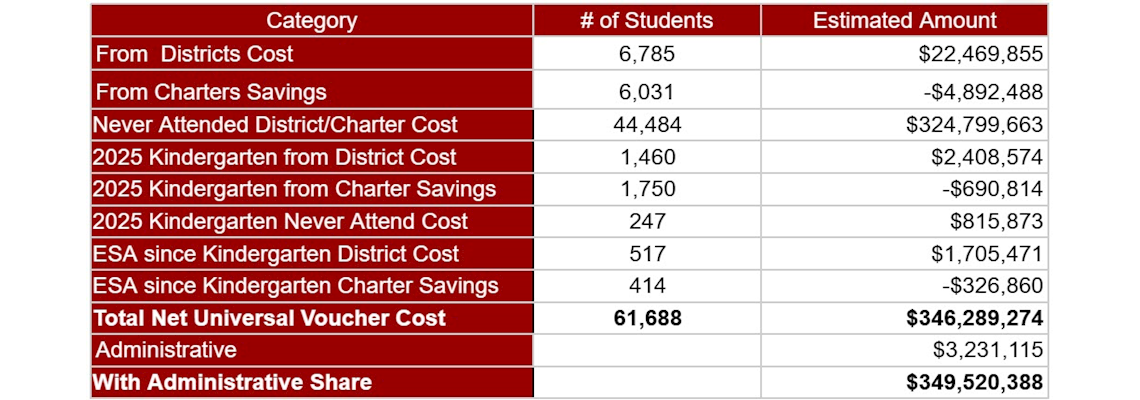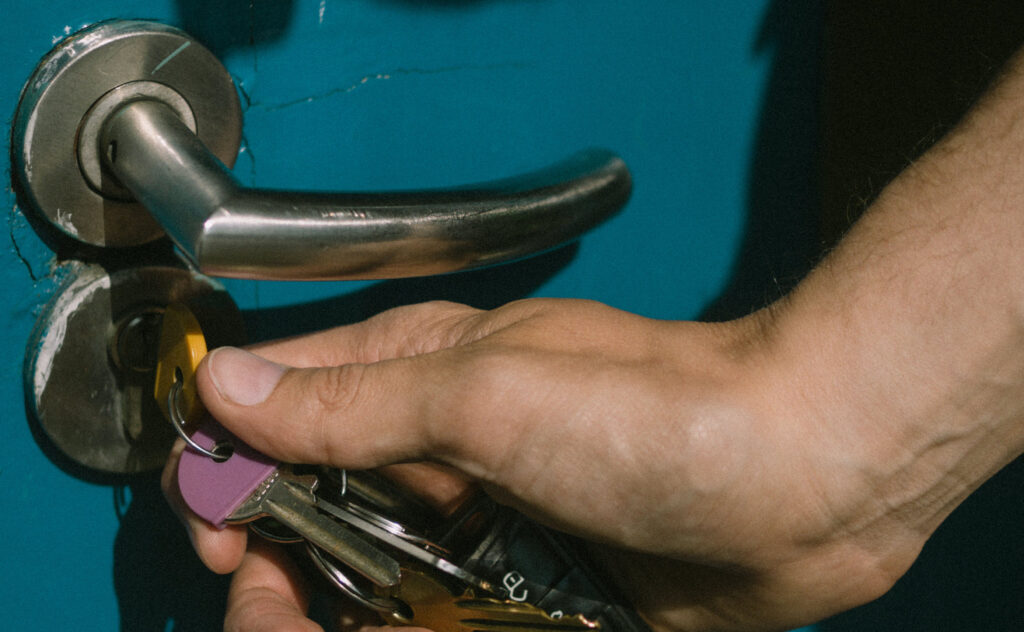Garry Rayno, veteran statehouse reporter for InDepth NH, writes here about the now-familiar voucher scam. Republican legislators claimed that low-income students would use vouchers to transfer to private schools that better met their needs. When New Hampshire removed income limits on families that want vouchers, the voucher program proved to be a subsidy for students who were already enrolled in private schools, mostly religious schools. The program is more costly than predicted, and public schools will see cuts to finance vouchers.
Rayno has the story:
Free money is free money so many New Hampshire parents in the last month lined up at the non-public schoolhouse door to grab what they can.
The parents of the 11,000 students who applied for grants from the newly opened vault in the state treasury are not the ones advocates tout as the beneficiary of the Education Freedom Account program if New Hampshire resembles other state’s experiences when they transitioned to “universal vouchers.”
In those states like Arizona, Ohio and North Carolina very few students left public schools to take a voucher, almost all of the new enrollees are students currently in religious and private schools or homeschooled as they are here in New Hampshire.
These are parents who did not qualify when there was a salary cap of 350 percent of the federal poverty level or $74,025 for a family of two and $112,487 for a family of four, because they made too much money.
Consequently, most of the new Granite State enrollees will have family incomes above $112,487 and if the average grant is similar to what it was last school year, $5,204, the state will be liable for well over $52 million this fiscal year because there are a number of exceptions for the cap that could add 1,000 or more students.
As has been the history of the program, the number of students and the cost have always been way more than the department’s estimates.
Lawmakers used estimates from Drew Cline, the State Board of Education Chair and the head of the Josiah Bartlett Center for Public Policy, a Libertarian organization, that were substantially less than 10,000, and they only budgeted $39 million for the first year of the biennium and $47.8 million for the second year when the salary cap will rise to 12,500 or when the cost is likely to be over $65 million.
For the biennium, the program is likely to be $30 million more than budgeted or more than what was spent last school year for the program.
The money comes from the Education Trust Fund which also pays for the state adequacy grant to school districts, charter school per-pupil grants (about twice the public school per-pupil grant), special education costs and the school building aid program.
The fund was expected to be in deficit this year and require an infusion from the general fund to meet its obligations, when general fund revenues are shrinking and not be able to cover the cost.
You can see where this is headed. The current crop of lawmakers in the majority will say they will have to cut back on state aid to public education just as the state Supreme Court agreed with a superior court ruling in the ConVal case that the state has failed to meet its constitutional obligation to pay for an adequate education for its students.
The decision did not say the state is obligated to pay for an adequate education for students in religious and private schools or being homeschooled.
The greatest vendor beneficiaries of the new state obligation according to out-of-date data from the administrator of the EFA program, The Children’s Scholarship Fund NH, are religious schools, followed by private schools and homeschooling parents.
But the students in those programs are not the ones touted to benefit from the EFA program.
Even before its beginning, voucher advocates touted the EFA program as an opportunity for low-income parents to find the best educational environment for their students if they do not do well in the public school environment.
How many of these students actually left public schools since the program began to take EFA grants?
The Department of Education lists the number of “switchers” for each year and a couple extra years before the program began.
The total for the first four years is 1,417 if you remove the two years prior to the start of the program that the department uses to derive its suspect 36 percent figure.
The agency’s statistics also list the number of students who re-enrolled in public school after the first year and that number is 214, so the actual switchers over the first four years are 1,203.
The total enrollment over the first four years is 14,192 which would be 8.5 percent and if you just account for the new students every year it would be less than 20 percent of the students that left public school to join the program at the most optimistic.
More than 80 percent of the students who have enrolled in the program were not in public schools when they were awarded EFA grants that were as high as $8,670 last school year when students received the base per-student aid, as well as differential aid by qualifying for free and reduced lunches and special education services, at the same rates as public schools.
While students in public schools and the EFA program have to meet the same criteria to receive the differential aid for free and reduced lunches, the students in the EFA seeking special education aid only need a medical professional to say they need the services and not the elaborate process students and parents have to traverse in the public school system.
The next question is if EFA grants are a determining factor in being able to send your kid to a private or a religious school or is it essentially a subsidy allowing the family to take a trip to Europe or a ski vacation in the Rockies.
Paying to send your child to the best private schools in the state is not cheap, for example attending St. Paul’s School in Concord costs $76,650 according to the school’s website including room and board, while Phillips Exeter costs $69,537 for boarding students and $54,312 for day students.
Holderness, Dublin, Kimball Union, and Proctor Academy all cost about $80,000 a year for boarding students, with different rates for day students, and New Hampton costs about $75,000 for boarding students and $45,000 for day students.
Derryfield, which only takes day students, costs $43,650 a year according to its website.
Religious schools tuition varies a great deal, but Concord Christian costs $7,600 a year, while Laconia Christian, which received the most in EFA money for the 2021-2022 school year of any private or religious school according to data from the Children’s Scholarship Fund NH, the only year the organization reported vendor receipts, has a sliding rate of $7,536 for Kindergarten to fifth grade, $8,087 for grades six to eight, and $8,570 for high school.
Trinity High School in Manchester costs $14,832 for the coming school year, while Bishop Brady in Concord charges $15,250 and Bishop Guertin in Nashua charges $17,225 plus $600 in fees, according to the schools’ websites.
You can see why the religious schools are the prime beneficiary of the free money that is now available to every parent of a school age student in the state.
If nothing else is done, about $120 million will be spent on the EFA program in the next two school years without much accountability.
With that kind of tax money flowing mostly to religious schools, the program’s administrator should have to provide a yearly breakdown of where the money is being spent several months after every school year for public consumption.
The Children’s Scholarship Program NH retains up to 10 percent of the grants as its administrative fee, which would be about $12 million over the biennium, making the organization the biggest beneficiary of the EFA program.
This organization, with the blessing of former Education Commissioner Frank Edelblut, refused to make program data available to the Legislative Budget Assistant’s Office for a performance audit of the program required by state law.
The limited audit is expected to be released by the end of the year.
When a compliance check was done in-house by the Department of Education after the first two years of the EFA program of 100 applications, 25 percent contained errors that allowed students to enroll when the information provided was inadequate.
People need to tell their state representatives and senators to make the program more accountable for the millions of dollars of state taxpayers’ money it spends.
Because if they don’t demand transparency, the current crop of lawmakers will shift more public school costs on to your future property tax bills while blaming the public schools and not themselves for irresponsible spending.
Garry Rayno may be reached at garry.rayno@yahoo.com.





